 Over the last few days ICE’s partners and board members had a very productive strategic planning retreat. Carter and I, together with Elizabeth Debold, Michael Zimmerman, John Mackey and Jeff Salzman, made good progress in our thinking about ICE’s polarization campaign. Among other things, we narrowed down the conception of our “synthesis platform.” Instead of attempting to integrate the four most prevalent political positions (social conservatives, libertarians, mainstream liberals, and countercultural progressives), we realized that there may be a more viable synthetic position that could accommodate or otherwise lead to an alliance between the emerging groups we are calling “progressive libertarians” and “optimistic postmodernists.”
Over the last few days ICE’s partners and board members had a very productive strategic planning retreat. Carter and I, together with Elizabeth Debold, Michael Zimmerman, John Mackey and Jeff Salzman, made good progress in our thinking about ICE’s polarization campaign. Among other things, we narrowed down the conception of our “synthesis platform.” Instead of attempting to integrate the four most prevalent political positions (social conservatives, libertarians, mainstream liberals, and countercultural progressives), we realized that there may be a more viable synthetic position that could accommodate or otherwise lead to an alliance between the emerging groups we are calling “progressive libertarians” and “optimistic postmodernists.”
“Progressive libertarians” are exemplified by the pro-entrepreneurial culture of Silicon Valley’s tech industries. They find some elements of postmodernism appealing and are not polarized into a typical old-right identity.
“Optimistic postmodernists” are currently not a large group, as most postmodernists are still reflexively anti-modernist. But there are a growing number of “Generation Y” young adults who can be identified with this group. And we hope that we can recruit many other postmodernists to this more optimistic view of our society by advancing the synthesis platform itself. That is, while we cannot expect people to adopt the integral worldview in large numbers in the short term, an “integral light” position consisting of a more optimistic version of postmodernism is already on the rise among young adults.
Indeed, most members of both of these emerging groups—progressive libertarians and optimistic postmodernists—are young. They are thus “post-boomer” in that they are usually not caught up in some of the more stereotypically polarized positions of their seniors. By focusing on the young, the synthesis platform is thus not envisioned as a coalition of dominant blocks, but rather an “invitation to development” that is an “adjacent possible” to America’s contemporary political scene. In other words, we hope that we can invite development into optimistic postmodernism as the “new left,” and progressive libertarianism as the “new right,” wherein agreements around a host of difficult issues will become possible.
Part of this “invitation to development” includes recognizing the ideational bankruptcy of certain political positions that exist within each major worldview. These positions, which would be critiqued or rejected by the synthesis platform, include socially conservative religious positions, liberal big government agendas, and postmodern “rejectionism” which questions the value of our modern civilization.
Obviously, these ideas need to be developed, carefully refined, and defended before they are ready for wider dissemination. But this preview of our polarization thinking provides a window into what we will be working on beginning in January.

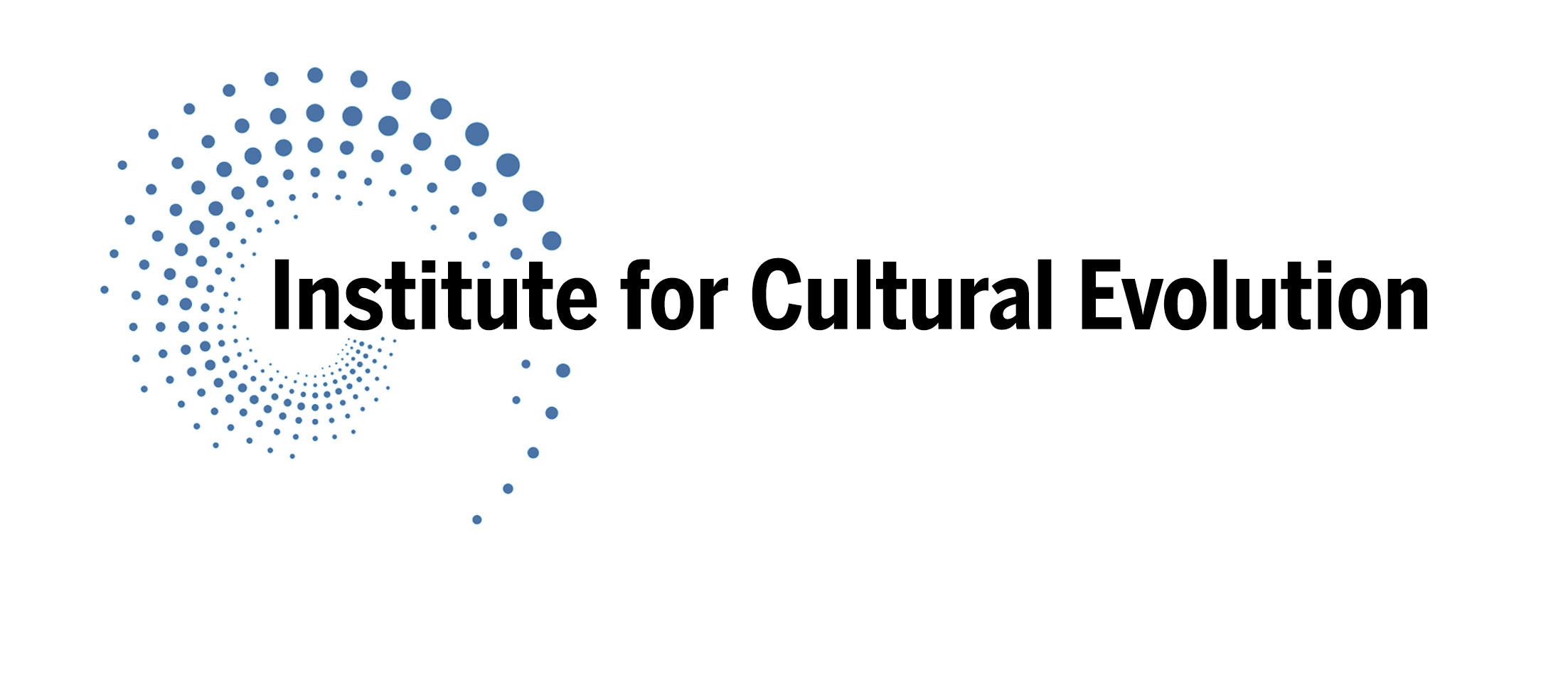
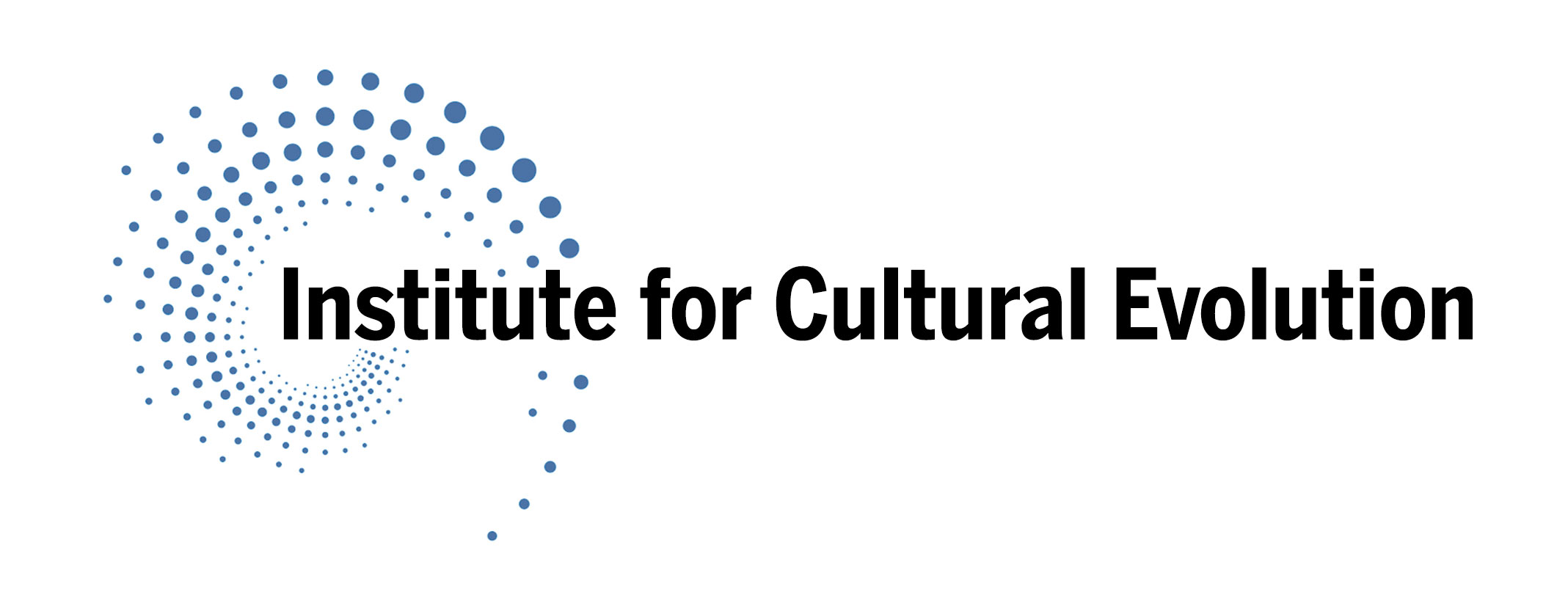
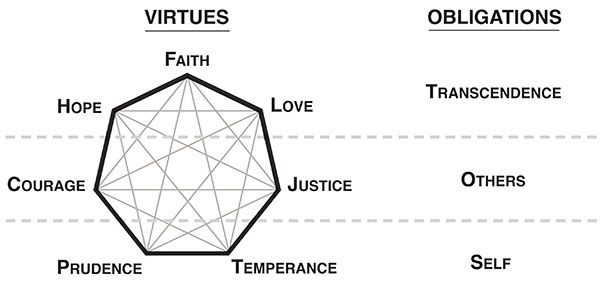
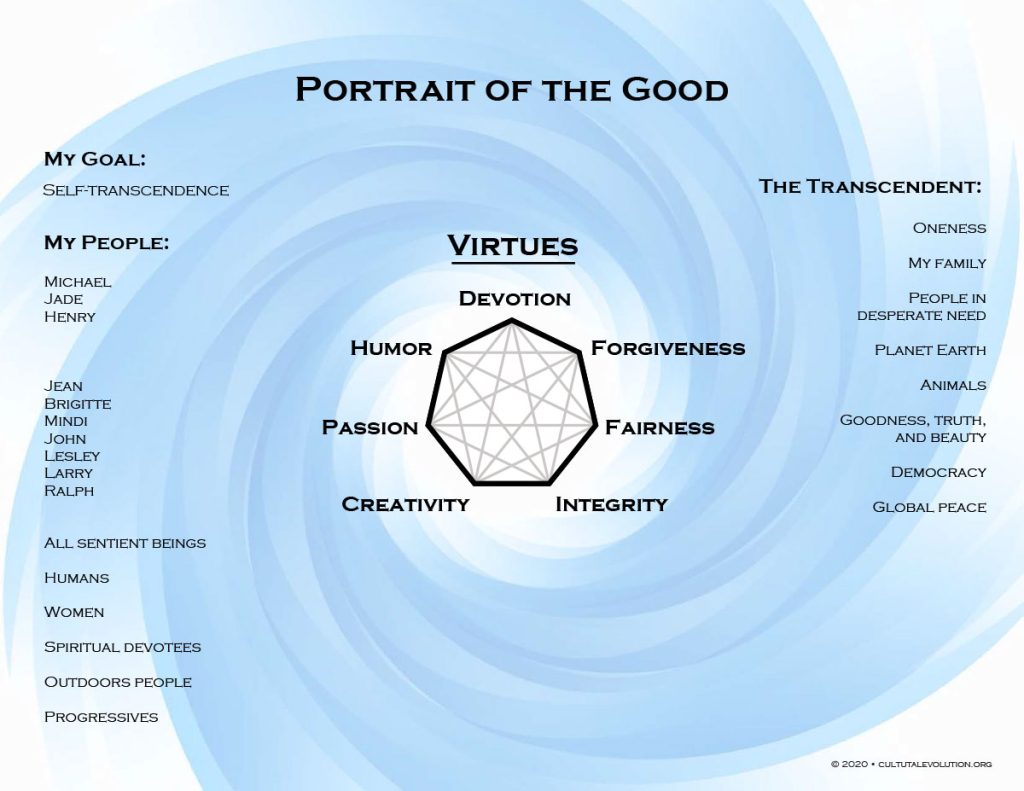
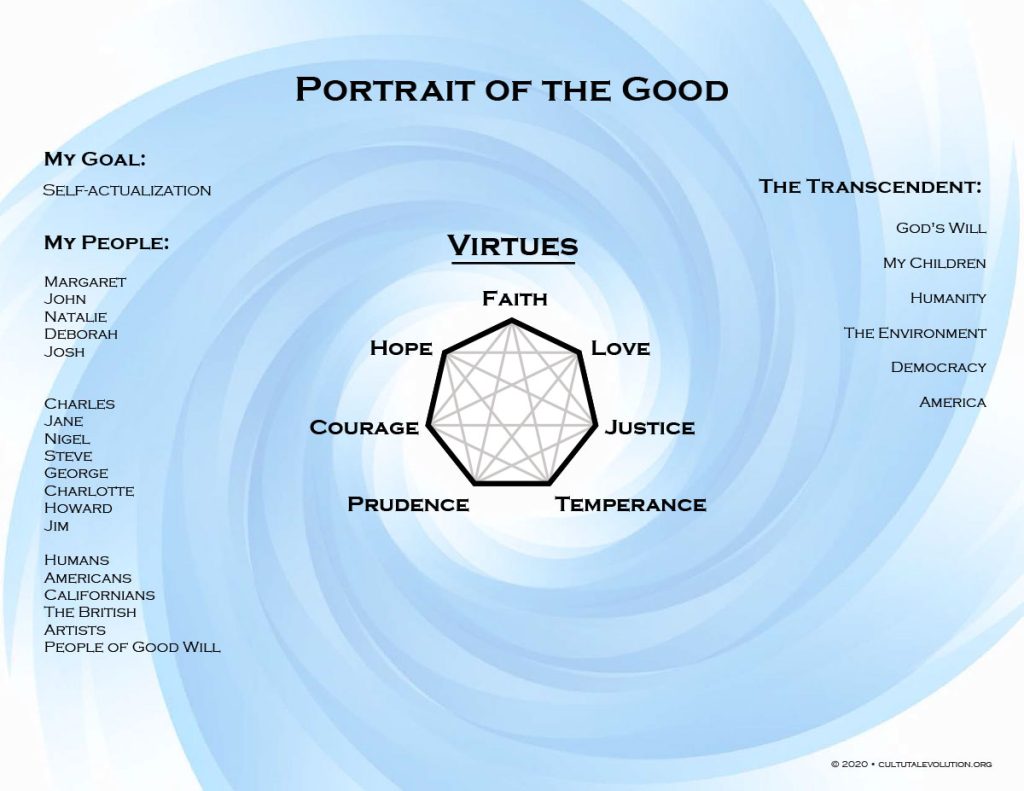
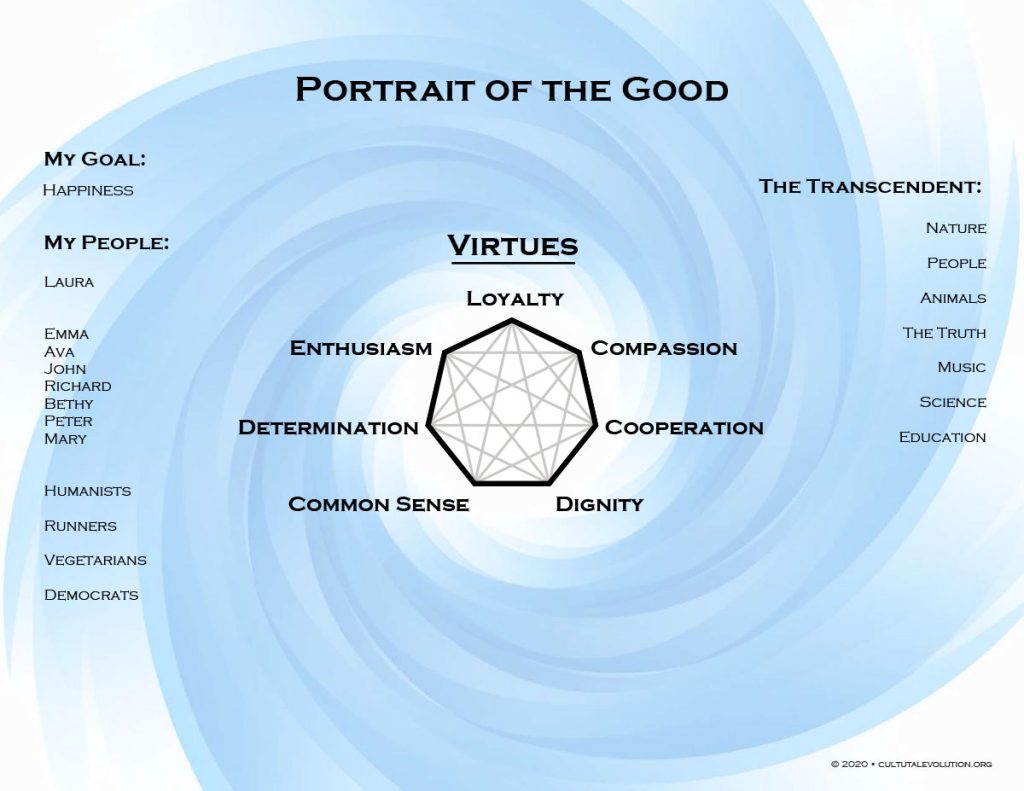
I am very delighted that you good folks are working on the polarization issue using developmental values,Integral philososphy, etc. However, I must voice my concern regarding the tone of “wholesale approval” of our modern culture with all it’s technology. A world of automation and making things by pushing buttons is a world that degrades our sense of agency, our opportunity for creating “flow”, and our face-to-face interations. As Stuart Kaufman so clearly shows, agency is the foundation of our values. I think there are benefits to technology if it is used wisely and with restraint. I think that needs to be articulated as part of this program.
Thanks for the update. I am glad to hear about reaching the two emerging groups as it seems that they would be more open to what you are proposing. But I am wondering where they are and how would they be reached? It is certainly easier to find and identify the post-modern groups such as 350.org and the other environmental groups, than it would be to find these emerging groups. I cannot think of an existing group other than the one you mentioned at Silicon valley. I imagine you are pondering this also. I also wonder about some of the new generation Y, as I have read some things about many of them being quite self-centered.
I am also glad to hear you are still keeping on the radar the need to recruit postmodernists to a more optimistic view as that is a larger group, and one that has a big impact on our culture right now.
Gratefully..
ICE Team: this approach sounds like a wonderful way ahead, focused on the future. ‘The young’ – millinnials and gen-X are going to be the ones who have to both craft solutions for the challenges we face over the next several generations and to lead in implementing these solutions. Hopefully, boomers like myself (and some of you!) can work with this new cohort as this synthesis platform takes shape. There are already a number of new and exciting initiatives that this cohort are trying and inventing as they seek alternative approaches. Targeting this new synthesis platform messaging at these leading groups might be a way to strengthen enhance these emerging approaches.